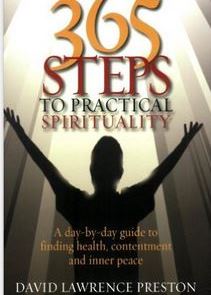Our beliefs rule our lives and help to create our experience of life. They influence us whether we are paying attention to them or not and it doesn’t matter if they are true – the effect is the same. An untrue belief has just as powerful an effect as a true belief. The world we see is the sum total of our perceptions filtered through our beliefs.
We humans can convince ourselves of anything if we really want to. When we do our minds close, then we seek and find ‘evidence’ to support our views. That’s when beliefs run the risk of turning into prejudices. We even seek out people who agree with us and turn away from people who do not.
The Placebo Effect demonstrates how powerful beliefs can be. When people believe strongly enough that something is right, wise and useful then it usually has a positive effect on them. So if they believe that a personal G_d is watching over them, supporting and comforting, then they feel supported and comforted. It’s a nice feeling.
Similarly, when people believe that they are riddled with sin and that if they don’t reform a nasty fate awaits them after death, then their psychological (and in all probability their physical) welfare is negatively affected. Guilt, regret and despair are never healthy when carried to extremes. This is the Nocebo Effect.
Placebo and nocebo have been demonstrated time and time again in the medical world. In experiments, inert substances can heal or cause harm simply because the recipient believes they can. Coupled with the power of suggestion, placebos can give miraculous results.
So what about religion? Religion is all about belief, whether or not substantiated by factual evidence. Karl Marx famously referred to religion as the ‘opium of the masses.’ Perhaps ‘placebo’ or ‘nocebo of the masses’ would have been more appropriate.
Copyright David Lawrence Preston, 22.8.2016
Follow me on Facebook and Twitter @David_L_Preston
How to Books, 2007


Leave a Reply